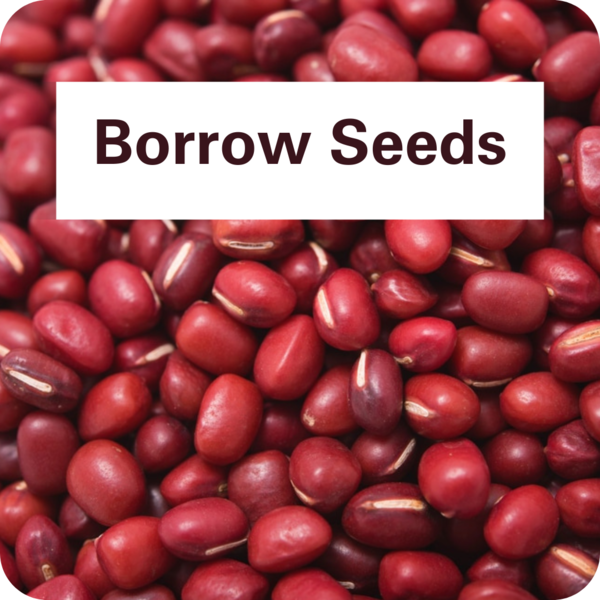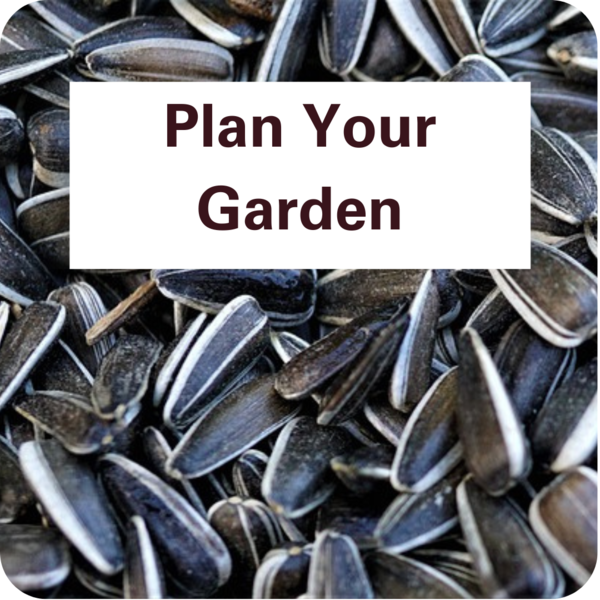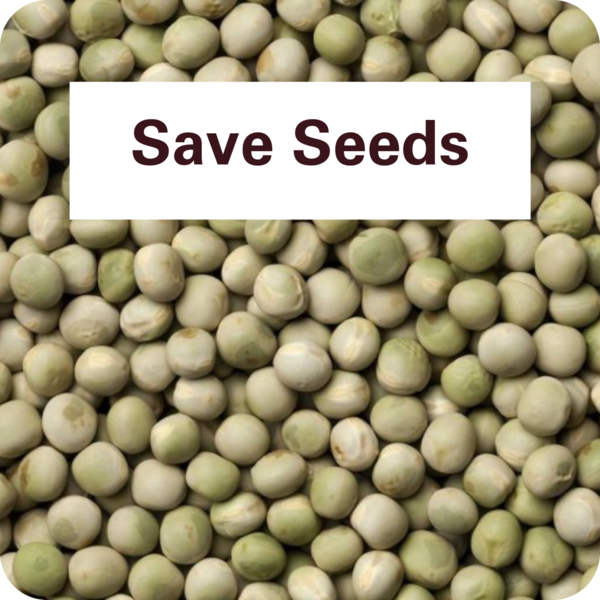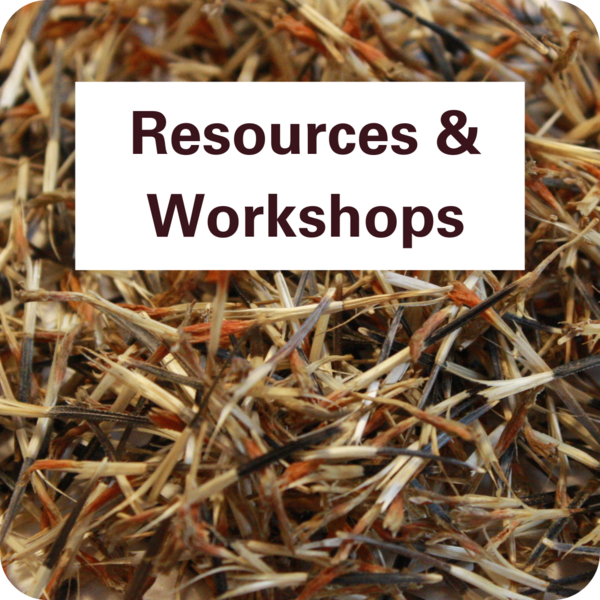Seed Library
What is a Seed Library?
The South Burlington Seed Library is a free program committed to contributing to and supporting gardeners of all skill levels. We are a hub for local seed exchange and garden education.
Patrons can “borrow” from our inventory of open-pollinated and heirloom seeds to grow at home. Seeds currently in stock are donations or discounted packets from seed companies such as High Mowing Organic Seeds plus non-GMO seeds grown by local gardeners. Our volunteers repackage seeds into smaller quantities. At the end of the season, gardeners can, but are not required to, “return” seeds that they saved from the plants they grew.
The Seed Library also organizes and promotes educational events and resources relevant to gardening, seed saving, and local food.
Become a Seed Library member!
Anyone can use the South Burlington Public Library’s Seed Library. You do not need to be a resident of the City, and you do not need to have a Library card.
How do you become a member of the Seed Library? It’s simple!
- Come to the Library’s second floor to fill out a Seed Library Membership form. This includes a Safe Seed Pledge.
- Browse our current selection of seeds.
- Choose seeds you will plant during the current year growing season and record your selections on your member form.




